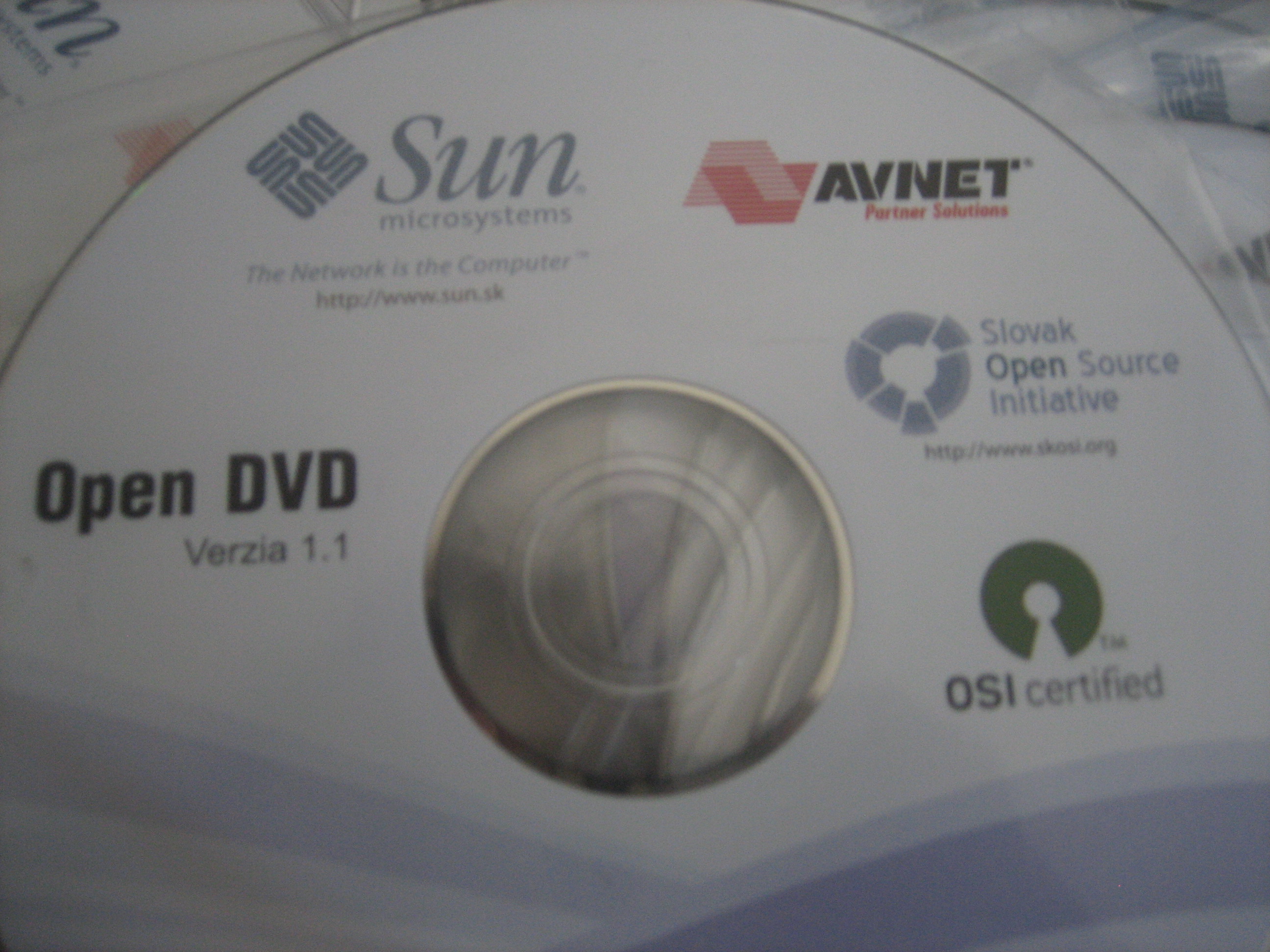Brussels, 19 March 2007 -- The upcoming vote on Tuesday 20 March on the
Criminal Sanctions Directive in the EP's Legal Affairs Committee (JURI)
is premature and non-transparent. Despite three delays, the issue of
criminalising all infringements, even those on unexamined rights,
remains unsolved. In hastily drafted last-minute oral amendments by the
rapporteur, On. Nicola Zingaretti, even "acceptance" of infringements is
now criminalised. The Criminal Sanctions Rapporteur fails to protect the
European industry and citizens.
In a letter to the Members of the European Parliament the FFII states
that the Legal Affairs Committee draft report for the Criminal Measures
IPR Directive is, despite several delays, not ready for adoption.
Virtually all industries have asked to limit the directive to clear
cases of piracy, but rapporteur On. Nicola Zingaretti has not tabled any
amendments to this effect.
The FFII therefore strongly urges him to reconsider his report. FFII
analyst Ante Wessels comments: "From an industry point of view the
situation is clear: fight piracy, but do not criminalise legitimate
commercial enterprises. The industry and the academic world agree on this."
Furthermore, a broad concept of secondary liability is introduced by
adding the word "acceptance" to the definition of intentional
infringement. This even surpasses the much criticised Commission
proposal to criminalise "inciting, abetting and aiding" infringements.
If adopted, this could result in software providers being held liable if
their software does not actively prevent copyright and database right
violations by its users.
Wessels adds "Unfortunately, one strong pressure group is quite happy
with this turn of events: Hollywood and the music industry. They want to
equate the younger music-downloading generation with industrial pirates,
and let the police take over prosecutions which hurt their public image.
They push for the weakest possible definitions, in order to criminalise
end users and hold software providers liable. Hollywood has been calling
Members of the Legal Affairs Committee daily."
Pieter Hintjens, FFII president, says: "The proposed text is an
undetermined and shoddy draft which pleases only one party, but will
harm many others. The rapporteur failed to choose for the European
industry, and his last minute changes are making the situation even
worse. He had a year to fix this text but seems to be unable to work out
a sensible compromise. This sharply contrasts with the Industry
Committee's rapporteur David Hammerstein, who managed to obtain support
from all political groups for a fairly balanced text."
Background Information
Apart from the FFII, at least the following stakeholders have asked to
limit the directive to clear cases of piracy: The Max Planck Institute
for Intellectual Property, Competition and Tax Law, the Chartered
Institute of Patent Attorneys, the Law Society of England and Wales, the
Austrian Federal Chamber of Labour, EGA (generic medicins), EICTA (ICT),
ECIS (ICT), ECTA (trademark association), FIPR (information policy
research), BEUC (consumers), LACA (libraries) and ETNO (telecom).
The Max Planck Institute for IP, Competition and Tax Law (Germany), and
the Chartered Institute of Patent Attorneys (UK) have given detailed
recommendations on how to limit the directive to clear cases of piracy.
The draft report does not implement any of these recommendations.
The draft voting list published by the JURI Secretariat moreover
contains several serious errors. On the one hand it allows for
contradicting amendments to be adopted, and on the other hand several
non-conflicting amendments supposedly render each other unvotable. For
example, a definition which limits criminalisation of trademark
infringement to counterfeiting (Am 70) supposedly conflicts with
exempting parallel importation from criminal prosecution (Am 71).

